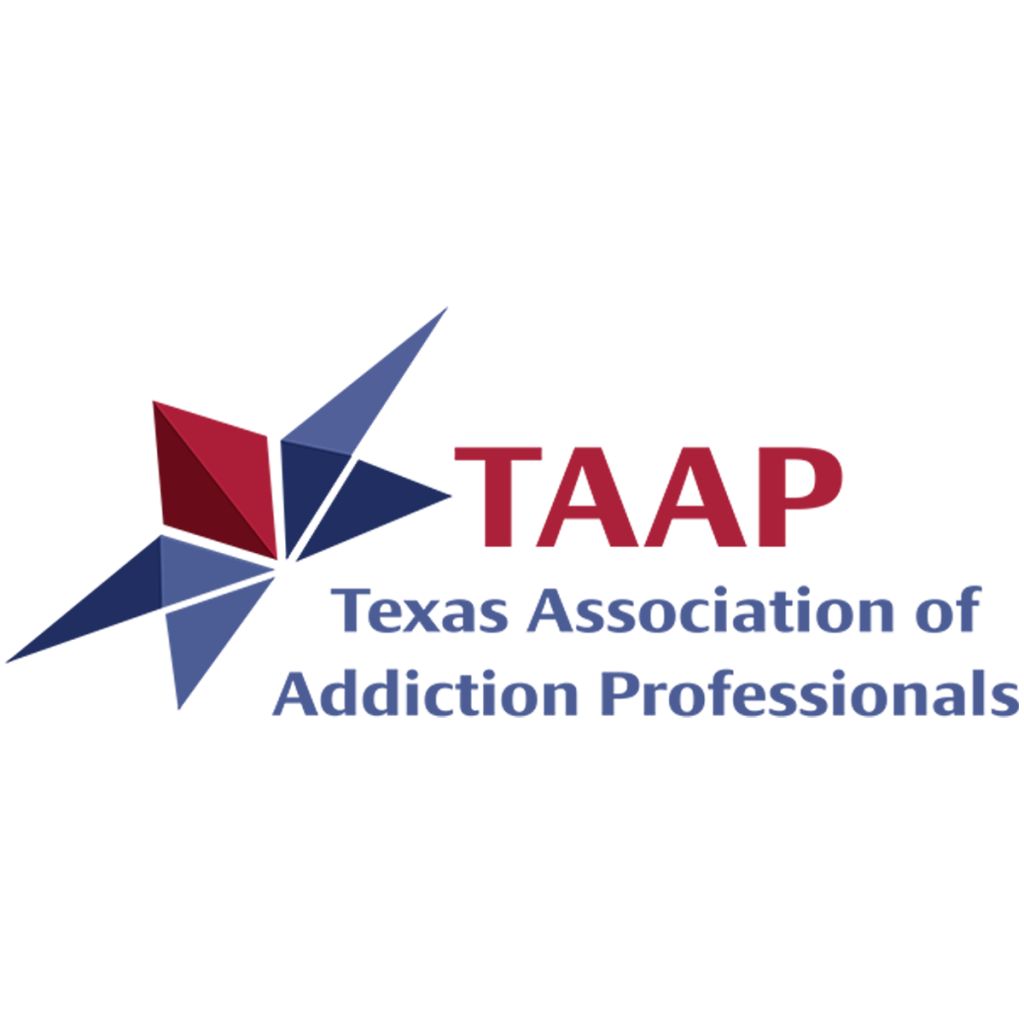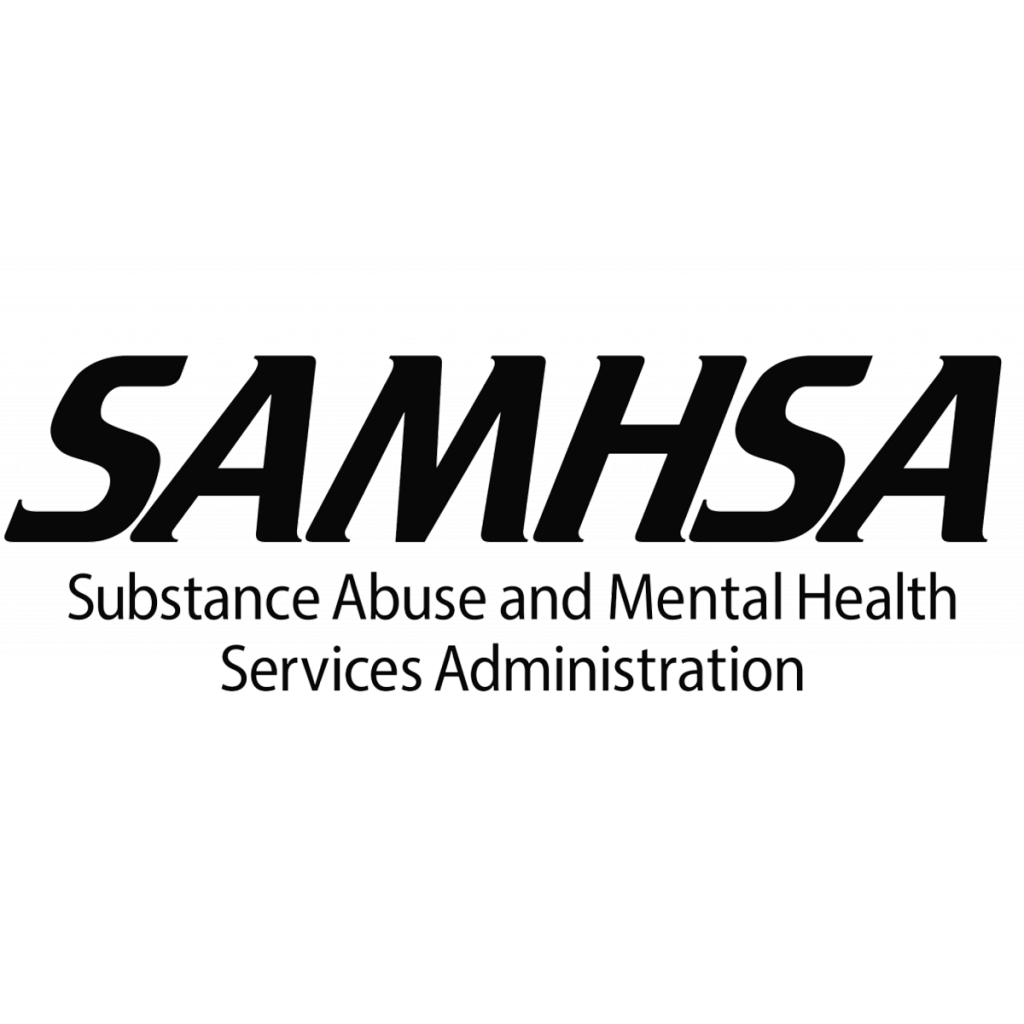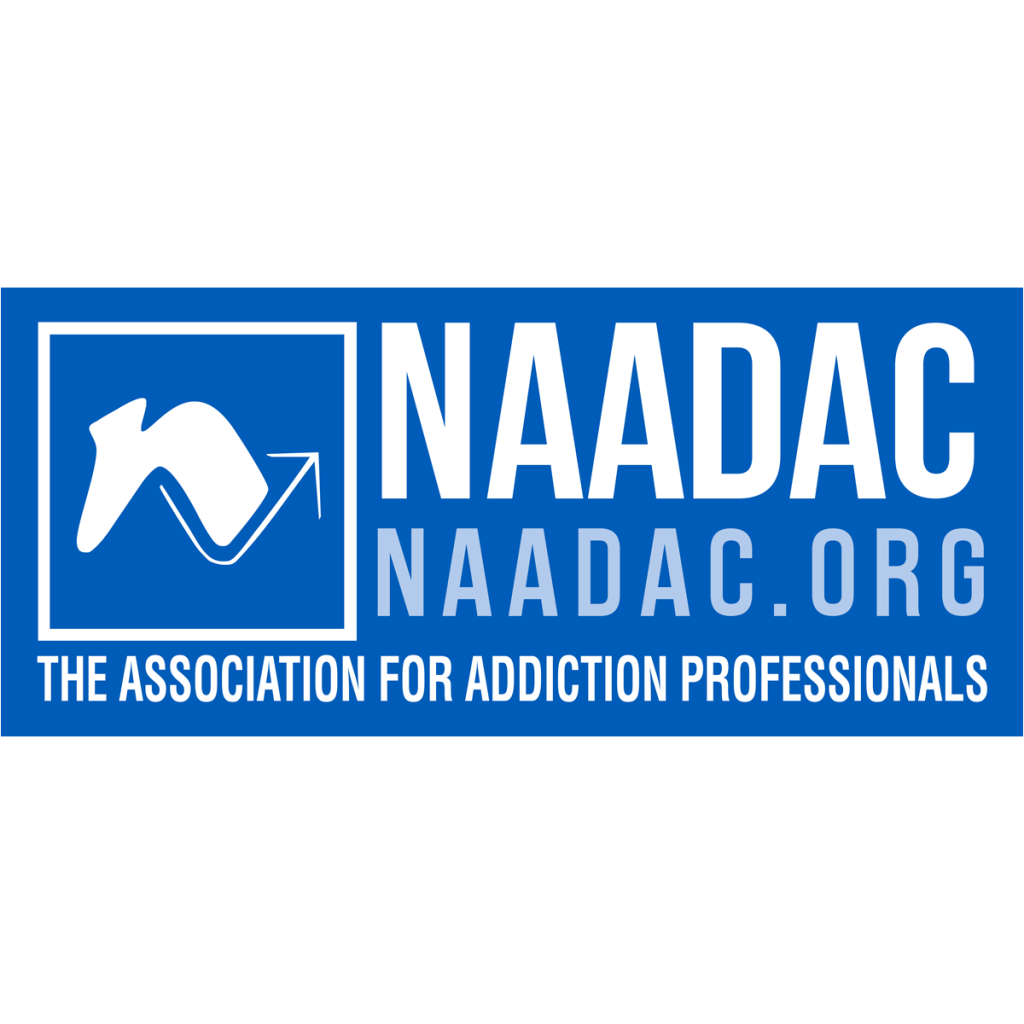
The Effective Approach: Drug Rehab in Austin, Texas for Lasting Recovery
Drug addiction is a complex and devastating disease that affects millions of individuals and their families every year. Austin, Texas needs more effective drug rehab programs to help people with addiction find lasting recovery.
Austin rehab centers offer personalized recovery programs with evidence-based treatments and a holistic approach to healing. Should you or a loved one require drug rehabilitation in Austin, Texas, this blog will offer crucial insights on successful strategies to attain enduring recovery and reclaim your life.










